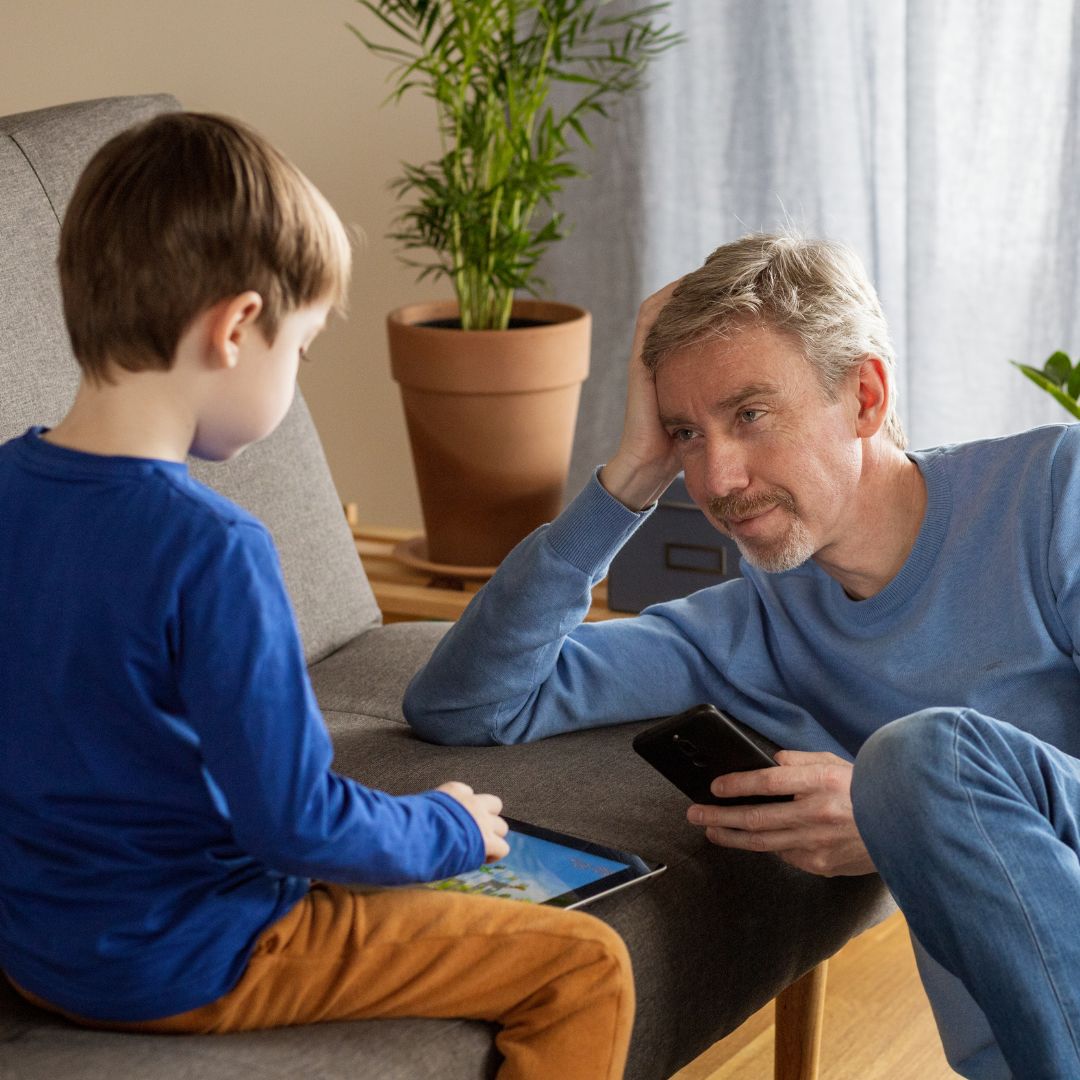People who experience drug dependence in the ACT experience stigma, discrimination and ongoing impacts of criminalisation. This leads to a wide range of social and health inequities and requires an integrated approach in providing appropriate health care. Many people experiencing AOD dependence need multidisciplinary approaches to primary health care. Accessing specialist public mental health services remains the most challenging issue for individuals with co-occurring AOD dependence, mental health conditions and complex health and social needs.
Althea Wellness Centre is a primary and secondary health care service that provides integrated multidisciplinary care for clients with current or past alcohol and drug dependency, complex health and social needs in collaboration with other programs and services. Althea is comprised of General Practitioner, nursing, psychiatry, psychology, non-dispensing pharmacist and AOD health professionals. Althea is located at Directions Health Services’ Woden site. The service is additionally funded by CHN and ACT Health to provide outreach to several other locations within the ACT to reduce barriers to health care and better engage hard to reach at risk population groups.
The Althea Wellness Centre services provide outreach via regular pop-up clinics and ‘Chat to PAT’, mobile clinic, to several other locations within the ACT. These services help to reduce barriers to health care, and better engage vulnerable and hard to reach population groups. The service also works closely with Directions AOD and Psychosocial Teams, ensuring clients receive holistic person-centred care. This service has been very well endorsed by users who would otherwise find it very difficult to access specialist, multidisciplinary primary health care including access to a GP, psychiatrist, psychologist, non-dispensing pharmacist, AOD practitioners and other referring clinicians who provide additional support to patients.
Over the last year, 1,071 participants were assisted through 9,671 occasions of service. All respondents of a survey said that Directions provides the kind of assistance they want and were satisfied with the services provided by the Althea team. This year saw the introduction of a gynaecology bed, along with the engagement of a GP that can perform Mirena® insertion and removal, giving our female clients increased freedom of choice when it comes to contraception options and increased comfort when attending for Cervical Screening Tests. Althea also participated in the ACT Primary Care Pilot, actively referring clients with complex needs who are eligible and would benefit from access to additional clinical services. Improved system navigation and collaborative coordination of care has increased access to services for participating clients. Althea continues to increase access to Opioid Maintenance and Nicotine Replacement Therapies as part of the suite of primary health care services for disadvantaged populations, as well as referral to specialised smoking reduction/cessation support through Directions’ Butt it Out Program.

Client story
Arlo* (not their real name) sought assistance from Althea, as he was using heroin daily and was encountering multiple problems as a result. Arlo was homeless due to a recent relationship breakdown with his partner and was not allowed access to his children. While maintaining employment, he was in significant financial difficulty due to his substance use. Arlo wanted to be able to afford personal transport but had never been able to save the money to purchase a vehicle.
Arlo was commenced on Buvidal weekly, then monthly depot injections, as per the Buvidal protocol. During the initial weekly appointments, Arlo was able to frequently discuss his situation with the Nurses, who supported him with decision making around the key areas of his life that he wanted to progress. Arlo’s appointments then tapered to monthly, which maintained regular check-ins and assisted with relapse prevention strategies.
Buvidal treatment was effective for Arlo, and he ceased heroin use. As a result, Arlo was able to see his children and re-establish a positive relationship with his partner. Arlo eventually moved back in with his partner and re-established a functional relationship with his kids. Arlo was also able to buy a vehicle with the money he had saved.
